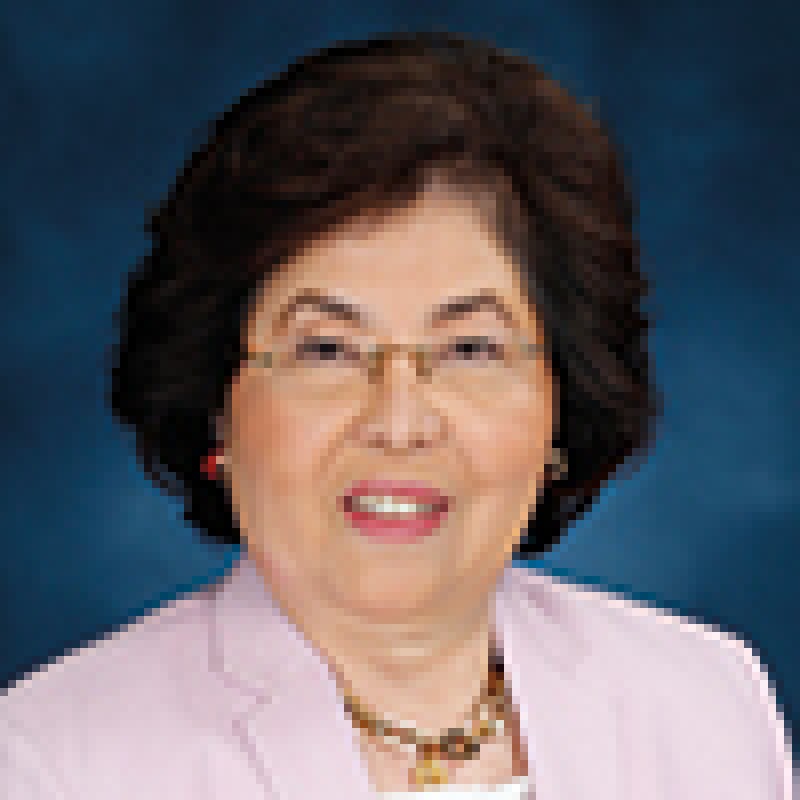HALAL is usually seen on the packaging of some food products and on signs of some establishments. Halal is a religious matter and is dealt with by Islamic religious organisations. Halal (also spelt hallal or halaal) refers to what is permissible or lawful in traditional Islamic law. Halal certification by accredited entities guarantees that the product has passed international standards from preparation to packaging and handling. It has become a seal that the products comply with Islamic dietary requirements or Islamic lifestyle and for quality, cleanliness and health standards.
The Bureau of Product Standards (BPS) of the Department of Trade and Industry (DTI) which has set the Philippine National Standards for Halal provides the general guidelines for the Halal food industry on the preparation and handling of products and serves as a fundamental requirement for food products and food trade in the country. Also, the Republic Act 10817 and the Philippine Halal Export Development and Promotion Act were signed into law in 2016 to establish a comprehensive programme for the development and promotion of Halal exports.
The Philippines which is predominantly Christian, has about 11 million Muslims who make up about 10% of its population. As more and more Filipinos have become increasingly conscious of their choice of foods and drinks, Halal-certified products have become a good alternative. With the growing number of Muslim and non-Muslim consumers in the global market, the increasing demand for Halal certified products, and the potential of the halal industry, many SMEs are looking at getting HALAL certification. As tourism is an important element of the Philippines' economy, the DTI is attempting to encourage more of the estimated 145 million Muslim tourists from the Middle East and ASEAN to visit the Philippines.
Today, the Philippines needs more HALAL certifiers whose function is being responsible for the inspection, audit, and certification of food, non-food products, establishments, and services, but this number is expected to increase as the DTI has embarked on promoting it, especially in the Mindanao region. Securing HALAL certification requires compliance with certain requirements set by HALAL certifiers such as: a) submission of a letter of intent, filled out application forms (usually downloadable from the website of HALAL certifier), and supporting documents; b) document evaluation; c) audit/ocular inspection; d) audit inspection report; e) submission of sample product for analysis; f) final report and recommendation; g) payment of applicable fees (certification/service fee, laboratory fee); and h) issuance of HALAL certificate/HALAL logo. HALAL certification is valid for one year and renewable. HALAL certifiers have adopted a unified HALAL logo for the purpose of protecting and safeguarding consumer rights locally and abroad.

|

|
Editha R Hechanova |
Joy Marie Gabor Tolentino |
Hechanova & Co., Inc.Salustiana D. Ty Tower104 Paseo de Roxas AvenueMakati City 1229, PhilippinesTel: (63) 2 812-6561Fax: (63) 2 888-4290editharh@hechanova.com.ph










